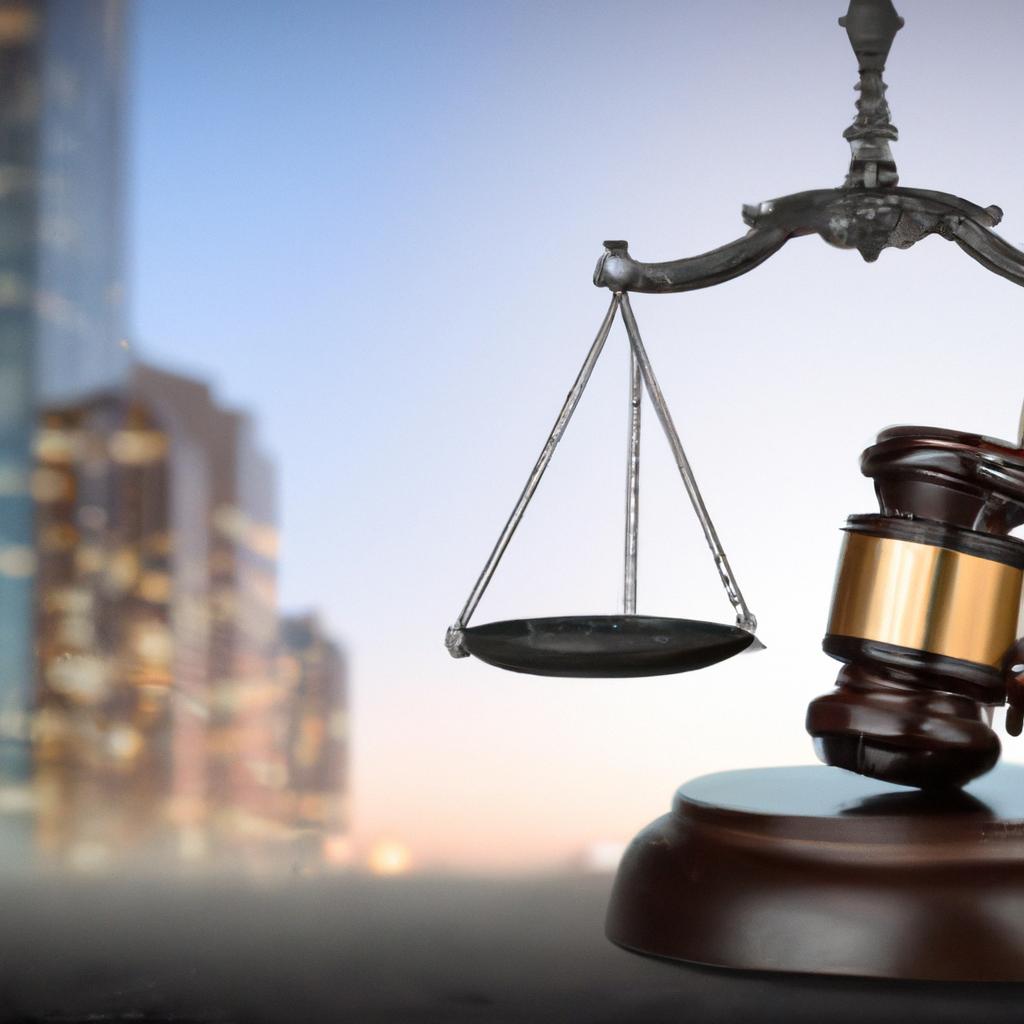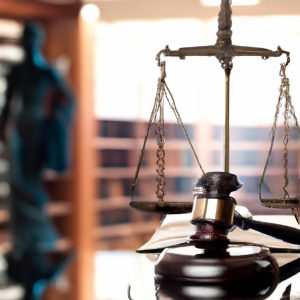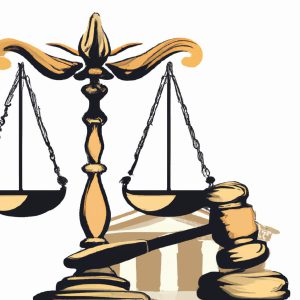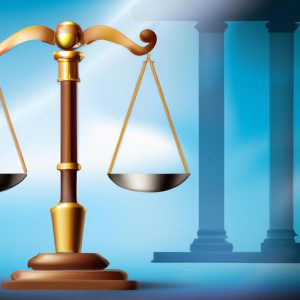In today’s rapidly evolving digital landscape, the concept of a last will and testament has also undergone a modern transformation – enter the era of the e-will. As experienced lawyers in estate planning at Morgan Legal Group in New York City, we navigate the complexities of electronic wills with precision and diligence. Join us as we explore the implications and intricacies of this digital testament in the realm of estate law.
Understanding the Legality and Validity of E-Wills
Electronic wills, or e-wills, are a modern innovation in the field of estate planning that has raised questions about their legality and validity. While traditional wills are typically written on paper and signed in the presence of witnesses, e-wills are created and stored electronically. It is important to understand the legal requirements and implications of e-wills to ensure that your final wishes are carried out smoothly and effectively.
One key consideration when it comes to e-wills is whether they meet the legal requirements for a valid will in your jurisdiction. In some states, legislation has been enacted to specifically address the validity of e-wills, while in others the law is less clear. It is essential to consult with an experienced estate planning attorney to ensure that your e-will complies with all relevant laws and requirements. Additionally, electronic storage and security measures must be carefully considered to protect the integrity of the e-will and prevent unauthorized access or tampering.
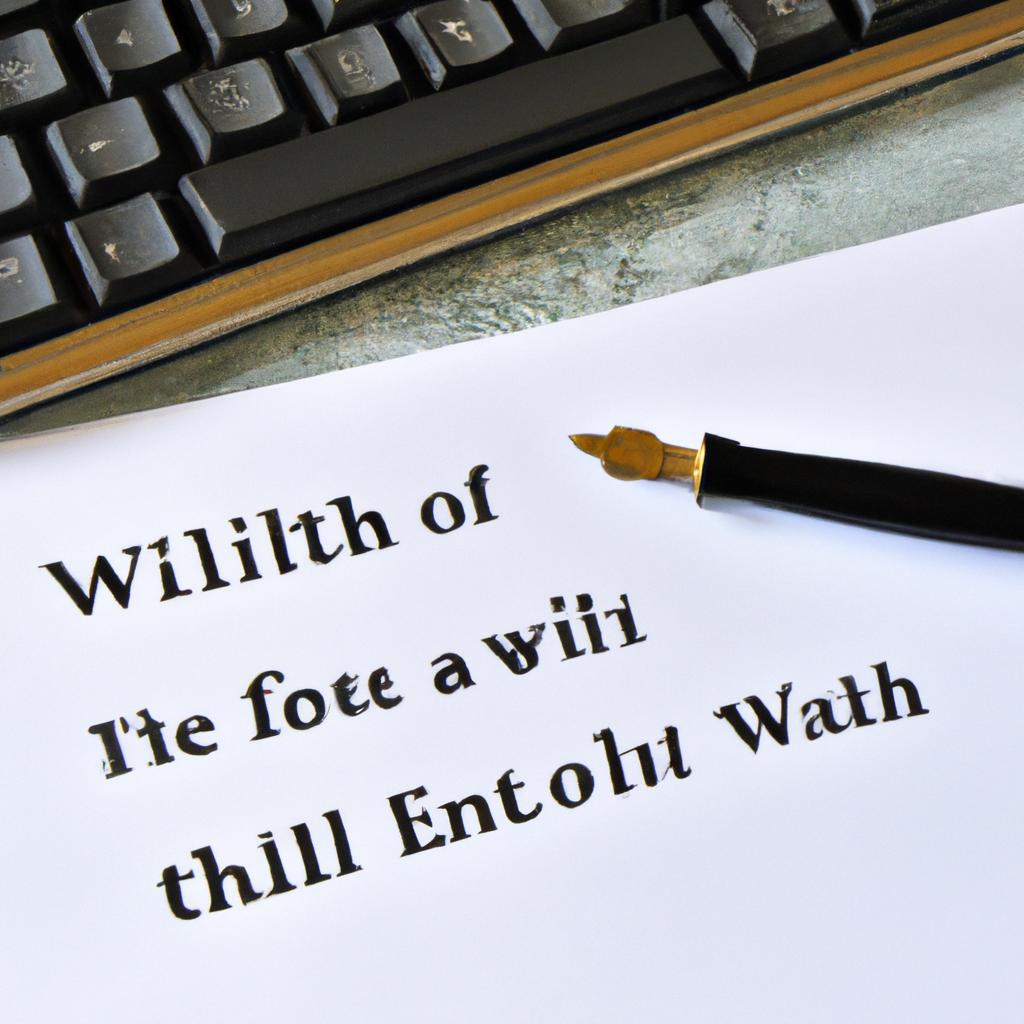
Key Factors to Consider When Drafting an E-Will
When drafting an e-will, there are several key factors to consider to ensure that your final wishes are clearly outlined and legally binding. One important factor is to clearly identify yourself and establish your testamentary capacity. Providing your full legal name, address, and details of your assets and liabilities can help prevent any confusion or disputes after your passing.
<p>Another crucial factor to consider is choosing a reliable electronic platform or service provider to store your e-will securely. Ensuring that your e-will is encrypted and password protected can help protect the confidentiality and integrity of your document. Additionally, it is essential to appoint trusted individuals as executors and beneficiaries, and clearly outline their roles and responsibilities in your e-will.</p>
Challenges and Risks Associated with E-Wills
When it comes to e-wills, there are several challenges and risks that individuals need to be aware of before opting for this digital approach to estate planning. One of the main challenges associated with e-wills is the potential for disputes over the validity of the will. Without the physical presence of a signed document, there may be questions raised about the authenticity of the online will.
Another risk of e-wills is the possibility of them being hacked or tampered with, leading to crucial changes being made without the knowledge of the testator. Additionally, there may be issues with the storage and accessibility of e-wills, as the testator’s heirs may not be able to locate the online will or access it easily after their passing. It is important to carefully consider these challenges and risks before choosing to create an e-will as part of your estate planning strategy.
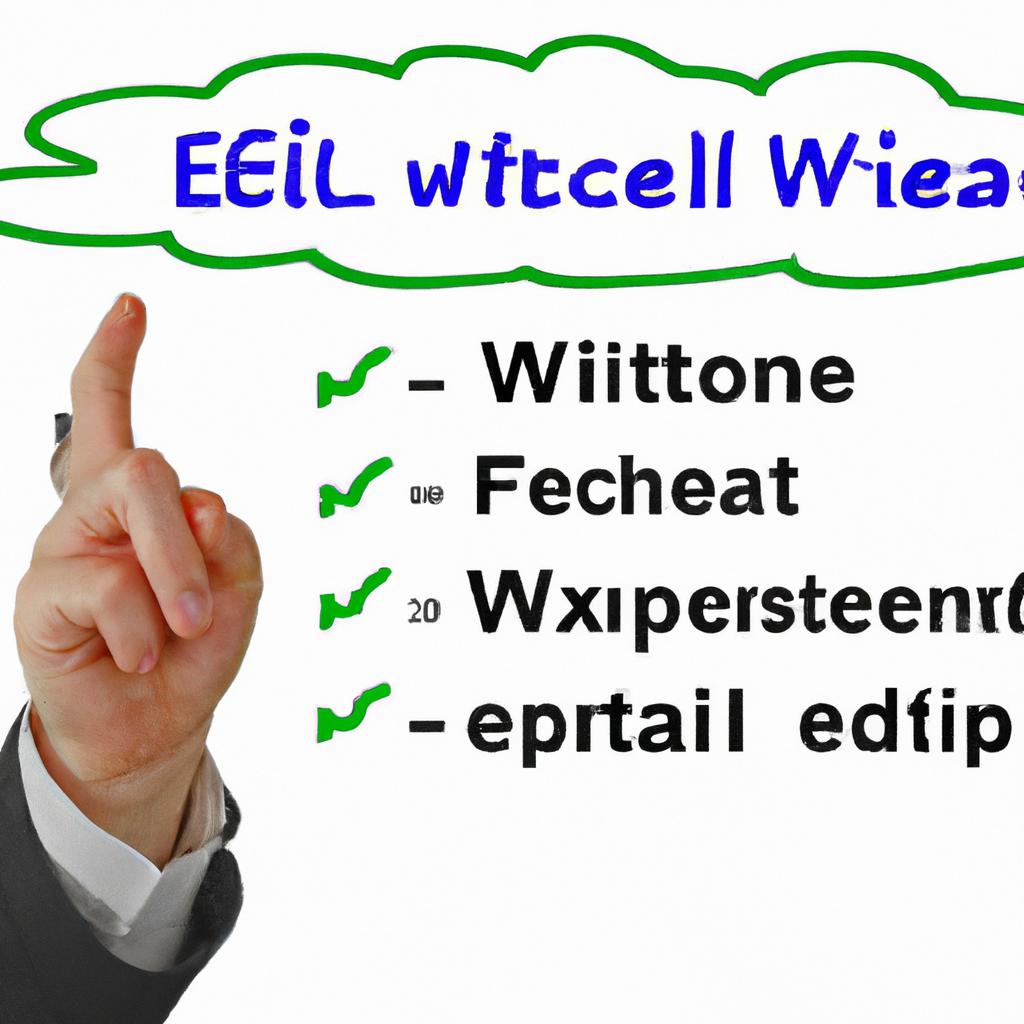
Expert Recommendations for Executing an E-Will Successfully
When it comes to executing an e-will successfully, there are several expert recommendations that must be followed to ensure the validity of the document. First and foremost, it is crucial to use a reputable online platform that specializes in creating e-wills. These platforms often have built-in safeguards and verification processes to ensure the authenticity of the document.
Secondly, it is important to consult with a legal professional who is experienced in estate planning and digital assets. A lawyer can provide guidance on how to properly draft and execute an e-will, as well as ensure that all legal requirements are met. Additionally, it is crucial to store the e-will in a secure location and inform trusted individuals of its existence to prevent any disputes or challenges in the future.
Q&A
Q: What is an e-will?
A: An e-will is an electronic version of a traditional last will and testament, created and stored digitally.
Q: How does an e-will differ from a traditional paper will?
A: An e-will is created, signed, and stored online, while a traditional paper will is physically written and signed on paper.
Q: Are e-wills legally binding?
A: Yes, e-wills can be legally binding as long as they adhere to the specific laws and requirements of the jurisdiction in which they are created.
Q: How secure are e-wills from tampering or hacking?
A: Many e-will platforms utilize advanced encryption and security measures to protect the integrity of the document. However, it is important to choose a reputable service provider to ensure the safety of your e-will.
Q: Can I update my e-will easily?
A: Yes, e-wills can typically be updated and revised easily online, ensuring that your wishes remain current and legally accurate.
Q: Are there any disadvantages to creating an e-will?
A: Some individuals may feel more comfortable with the tangible nature of a traditional paper will. Additionally, there may be concerns about the security and accessibility of digital files in the event of an individual’s death. It is important to weigh the pros and cons before deciding on an e-will.
Q: How can I ensure that my e-will is valid and legally recognized?
A: It is crucial to follow the specific legal requirements for creating a valid will in your jurisdiction when drafting an e-will. Consulting with a legal professional or estate planning expert can help ensure that your e-will is legally sound and will be recognized by the courts.
In Summary
In conclusion, e-wills offer a modern and convenient way to ensure your final wishes are carried out. With the ease of creating and storing your will online, it’s never been simpler to protect your assets and secure your legacy. Embrace the digital age and consider making the switch to an e-will for peace of mind and a seamless estate planning process. Thank you for reading and may your future be filled with clarity and certainty.

